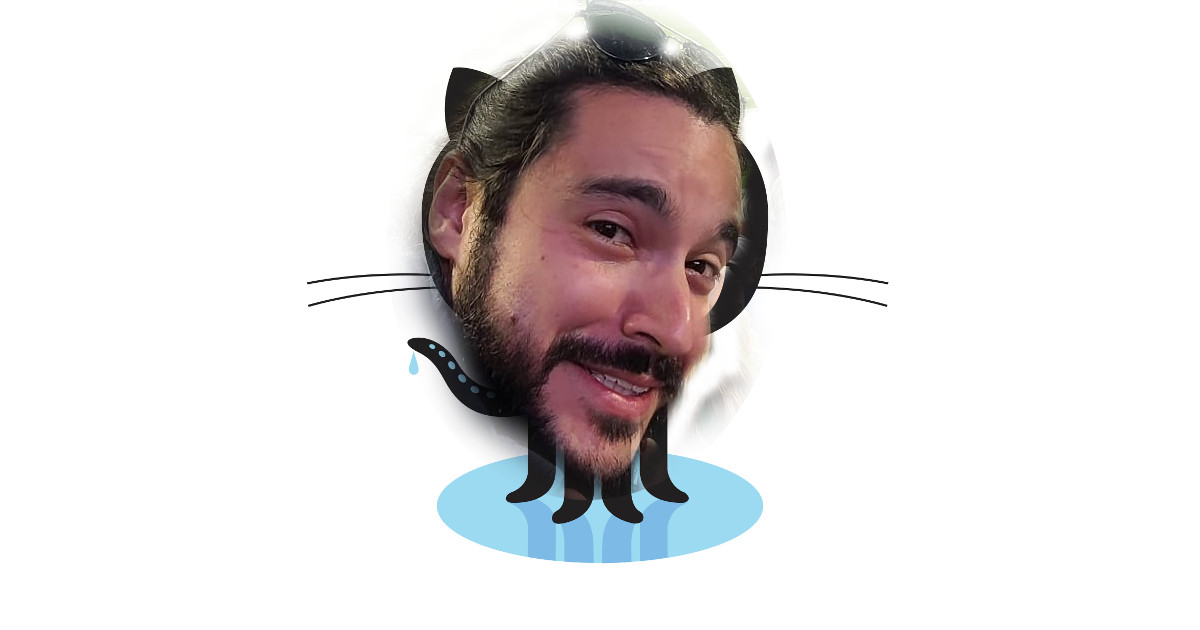Author: watrall
-
Exploring Copyright and Ownership in Digital Heritage
This year, I am a GA for Humanities Commons, a networking site for humanities scholars. As part of my assistantship, I help clear deposits for the Commons’ non-profit, open-access repository CORE. Over the last several months, I have gained more experience in learning the intricacies of intellectual property, copyright, and ownership. While the Commons’ focus…
-
One more application of digital humanities
Echoing Juan Carlos’ post on applications of digital humanities, I’ve seen exciting opportunities to apply digital methods in social science as well, especially in my field, urban studies. Besides data visualization, digitization, spatial analysis and representation, social network analysis, and text analysis covered in his blog, I also think agent-based modeling is gaining popularity. An…
-
Experiencing Data
And so it was November. The semester is flying by, and in the CHI fellowship, we’re preparing to begin our third rapid development challenge, a web mapping exercise, and to present our project proposals at the end of the semester. Outside of the CHI fellowship, I’m writing the second of three comprehensive exams for my…
-
A Look Back on Digital Heritage During the COVID-19 Pandemic
In this blog I want to share my ongoing experience with transitioning in-person cultural heritage outreach projects into digital cultural heritage during the COVID-19 pandemic. I have been a member of Michigan State University’s Campus Archaeology Program (CAP) since 2018 and as an organization, CAP works to protect, preserve, and share the cultural heritage of…
-

Some applications of digital humanities: data visualization, digitization, spatial analysis and representation, social network analysis, and text analysis.
In my previous entry, I defined digital humanities and discussed whether digital humanities were a revolution, a technical improvement of usual humanities’ business, or just flashy rhetoric. I did not provide any absolute answer regarding the discussion, but I delivered some arguments to understand why certain scholars think of digital humanities in the way they…
-
Technology and Equity
In 2018, The New York Times contributor Nellie Bowles published an article concerning digital literacy and socioeconomic class of youngsters in the United States titled, “The Gap Between Rich and Poor Kids is Not What We Expected.” One might assume that higher socioeconomic status would equate higher digital literacy for students. (Digital literacy can be…
-
Thinking Through Hybrid Digital Heritage
Last week, the CHI fellows cohort started our second rapid development project. We are building a project pitch website based on our “Project Version Document” from the first challenge (see Micayla Spiro’s post for more on that project!). For our site, my group decided to revive the Museum of London’s London Wall Walk that was…
-
Museum Spaces
Recently, I’ve gained the opportunity to work with museum curators and staff through the SEEK fellowship. This year, the museum is building an exhibit based on “Observation.” You can peruse the exhibit’s topic at this link: https://grad.msu.edu/news/seek-fellowship-msu-museum-observation-research-exhibition-fellowship. I applied because I am interested in human observation, especially when such observations are projected onto more-than-human beings.…
-
Bit by Bit
For this blog post, I’d like to share a book I recently read. The book is called Bit by Bit: Social Research in the Digital Age, written by Matthew Salganik. It discusses new opportunities, challenges, and common pitfalls of using large scale digital data for social science research in general. One theme of this book…
-
Digital Rhetorical Heritage
The early weeks of this fellowship have been devoted to foundations, primarily through establishing a shared understanding of digital cultural heritage, before we begin the more technical aspects of the year. As a result, I’ve been thinking more thoroughly about what “digital” + “cultural” + “heritage” can mean through a rhetorical lens. Of these, “digital”…